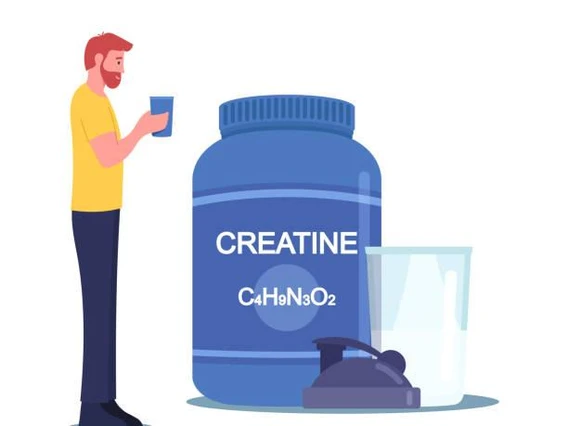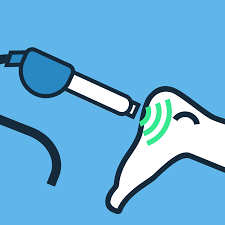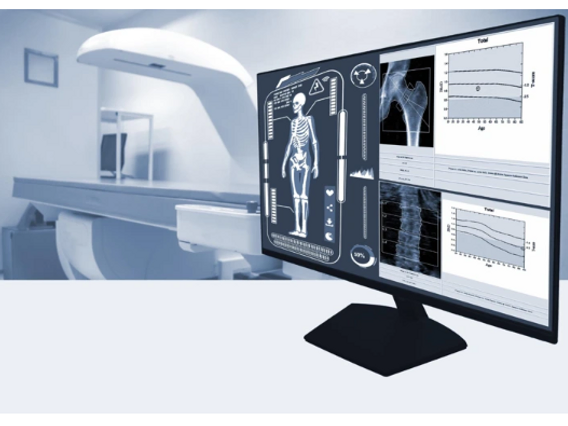Do I Need Creatine?
Whether or not you need creatine supplementation depends on various factors, including your

fitness goals, dietary habits, and individual response to supplementation. Creatine is a naturally occurring compound found in small amounts in certain foods and synthesized by the body. It plays a crucial role in providing energy for short bursts of intense physical activity.
Here are some considerations to help you determine if creatine supplementation is suitable for you:
1. Fitness Goals:
- Strength and Power Training:
- Creatine has been extensively studied and shown to be effective in enhancing strength and power during high-intensity, short-duration activities. If your fitness goals involve activities like weightlifting, sprinting, or high-intensity interval training (HIIT), creatine supplementation may benefit you.
- Muscle Building:
- Creatine is often used by individuals aiming to increase muscle mass. It can contribute to increased water content in muscle cells and may support muscle protein synthesis.
2. Dietary Habits:
- Creatine in Foods:
- Creatine is naturally present in small amounts in certain animal-based foods, such as red meat and fish. If your diet is rich in these sources, you may already be getting some creatine from your food.
- Vegetarian and Vegan Diets:
- Individuals following vegetarian or vegan diets may have lower natural creatine intake as plant-based foods contain negligible amounts. In such cases, creatine supplementation could be considered.
3. Individual Response:
- Creatine Responsiveness:
- Individuals vary in their response to creatine supplementation. While many people experience benefits, some may not respond as significantly. Factors such as genetics, muscle mass, and baseline creatine levels can influence responsiveness.
4. Health Considerations:
- Health Conditions:
- Creatine supplementation is generally considered safe for healthy individuals. However, if you have pre-existing health conditions, such as kidney issues, it’s advisable to consult with a healthcare professional before using creatine.
- Medications:
- Certain medications or medical conditions may interact with creatine or be contraindicated. If you are taking medications, it’s crucial to consult with a healthcare provider before starting any new supplement.
5. Age and Gender:
- Age and Gender Differences:
- Creatine supplementation has been studied in various populations, including older adults and females. Research suggests potential benefits for both, but individual responses may vary.
6. Safety Considerations:
- Hydration:
- Ensuring proper hydration is essential when using creatine, as it can lead to water retention within muscle cells.
- Quality of the Supplement:
- If you decide to use creatine, choose a high-quality, reputable supplement. Creatine monohydrate is the most researched and widely used form.
Conclusion:
Creatine supplementation can be a useful tool for certain individuals, particularly those involved in strength and power sports or those with specific dietary patterns. Before starting any new supplement, including creatine, it's advisable to consult with a healthcare professional or a registered dietitian. They can provide personalized advice based on your health status, fitness goals, and individual needs. Additionally, always follow recommended dosages and guidelines provided by the supplement manufacturer.














































